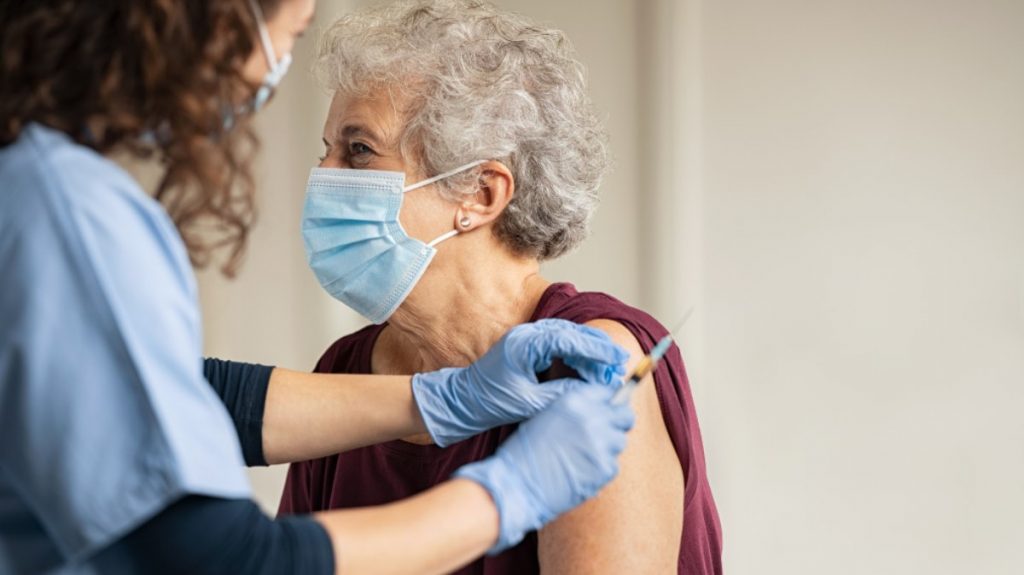Only 1.8% of people have refused to be vaccinated in the Comunidad Valenciana
The aim of vaccination is to prevent coronavirus infection and reduce its severity and mortality in case of illness

Sunday 28th February 2021 | MIKE SMITH
Only 1.84% of the people to whom the Department of Health has offered the vaccine against COVID-19 have refused to get it. This low percentage of rejection shows that the need to be immunized has permeated among the groups where the process is more advanced: health personnel, both from Primary Care and Specialized Care, and people who live or work in centres for the elderly or those with functional diversity of the Comunidad Valenciana.
The main objective of vaccination is to prevent coronavirus infection and reduce its severity and mortality in the event of becoming ill, and, as with other vaccinations in Spain, the coronavirus vaccine is free, voluntary and also highly recommended to reduce the impact of the pandemic.
In addition, the vaccine not only protects the immunized person, but also, indirectly, the rest of the population, because the more people are vaccinated, the less likely it is that the most vulnerable groups will come into contact with the virus.
At this time, the vaccines from Pfizer, Moderna and AstraZeneca are authorized by the drug regulatory agencies, and available in the Comunidad Valenciana. All have been shown in clinical trials to be able to prevent the disease, they are effective and also safe.
This scientific evidence explains why the percentage of rejection is reduced among the personnel of health centres and hospitals, where there have been 0.71 rejections for every 100 doses administered. The number of rejections is also low among nursing home staff (1.11 rejections per 100 declared doses) and practically non-existent among people in nursing homes.
To monitor the vaccination strategy correctly, Valencian information systems and registries differentiate explicit rejections from cases in which vaccination is counter-productive (0.16 rejections per 100 declared doses). Like all medicines, there are population groups for which vaccines are not recommended, for example, in pregnant women where there is insufficient evidence to for their safe use during pregnancy, although if the woman in question has a high risk of exposure, the specific case is considered and the pros and cons are weighed.
Salud Pública has also recorded the cases of people to whom vaccination is offered and they reject it because they have already had COVID-19, and they consider that the natural immunization they have generated is sufficient (0.77 rejections per 100 declared doses ). In this sense, current evidence indicates that reinfection by the new coronavirus is exceptional in the six months after a natural infection, but the authorities offer vaccination to all people included in the priority groups without discriminating whether or not they have had the infection .
Information Source
Press Release – Generalitat Valenciana




